The Astonishing Impact of High Performers: Why They Leave and What It Means for Your Business
High performers are the centre of any successful organisation. Studies reveal their extraordinary impact: they can be 400% more productive than average employees. In complex roles, this productivity gap widens dramatically, with high performers achieving an astounding 800% increase in output.
But their value goes beyond sheer productivity. High performers shape workplace culture through their commitment to excellence, work ethic, and ability to consistently exceed expectations. They inspire those around them to aim higher, creating a ripple effect of motivation and ambition. Yet, despite their significance, high performers often leave organisations, leaving a profound void.
What is a High Performer?
High performers are individuals who consistently exceed expectations and excel in their roles. Their unique skills, attitudes, and work ethic distinguish them, enabling them to contribute far beyond their job descriptions.
Here are some defining traits:
Exceeding Expectations:
They consistently deliver results that surpass targets.
Unique Skills:
High performers often bring specialised expertise or knowledge that sets them apart.
Positive Influence:
They uplift and motivate their peers through collaboration.
Resilience:
They tackle challenges head-on, demonstrating creativity and perseverance.
The Cost of Losing High Performers
When a high performer leaves, the impact reverberates throughout the organisation:
Loss of Productivity:
The productivity and output of colleagues can diminish.
Ripple Effect:
Their departure can demoralise colleagues, potentially causing others to leave.
Knowledge Gap:
High performers often possess unique expertise, such as industry insights, client relationships, or technical skills that are hard to replace.
Recruitment and Onboarding Costs:
Finding and training a replacement is time-consuming and expensive.
The emotional impact on the team is also significant. Teams may experience a sense of shock, grief, and loss of morale, further hindering productivity and performance.
Why Do High Performers Leave?
Understanding the reasons behind their departure is critical to retaining top talent.
Internal Factors
Feeling Isolated:
High performers are often left to work independently due to the trust placed in them, which can lead to feelings of isolation.
Underappreciated:
Their consistent results might be taken for granted.
Lack of Direction:
Without clear goals or growth opportunities, they may feel aimless.
Overworked:
Their capabilities can lead to them being burdened with excessive workloads.
External Factors
Life Changes:
Family responsibilities or a need for flexibility can push them toward other opportunities.
Competitive Offers:
Other companies may recognise their value and offer better packages.
Changing Priorities:
A shift in personal or professional goals can motivate them to move on.
How to Retain High Performers
Retention begins with creating an environment that supports and values high performers. Here’s how:
Open Communication:
Regularly check in with high performers.
Provide a safe space for them to share concerns, ideas, and aspirations.
Discuss mistakes constructively and encourage their input on improvements.
Recognise and Appreciate:
Acknowledge their contributions both privately and publicly.
Celebrate their achievements and ensure they feel valued.
Provide Direction and Growth:
Develop clear, personalised career development plans.
Offer opportunities for learning, skill-building, and leadership roles.
Balance Workload:
Avoid overburdening them simply because they can handle it.
Monitor workloads to ensure they have time to rest and recharge.
Empower Autonomy:
Give them the freedom to innovate and make decisions.
Set clear expectations and provide support without micromanaging.
Plan for Succession:
Identify their long-term career goals and align them with organisational needs.
Create a succession plan to ensure continuity and demonstrate their value to the company’s future.
The Role of Leaders
Leaders play a pivotal role in retaining high performers. By addressing challenges proactively and fostering a culture of appreciation and growth, organisations can significantly reduce turnover. Leaders should:
Avoid assumptions about their high performers’ satisfaction.
Be impeccable with their word, maintaining integrity in all interactions.
Regularly align organisational goals with individual aspirations.
High performers are invaluable to organisations. Losing them doesn’t just affect output—it creates a ripple effect that impacts culture, morale, and long-term success. Retaining these individuals requires intentional efforts to understand their needs, provide meaningful growth opportunities, and cultivate a supportive, appreciative environment.
By focusing on clear communication, recognition, and empowerment, organisations can unlock the secrets of high performers and ensure they continue to thrive—benefiting both the individual and the business.

